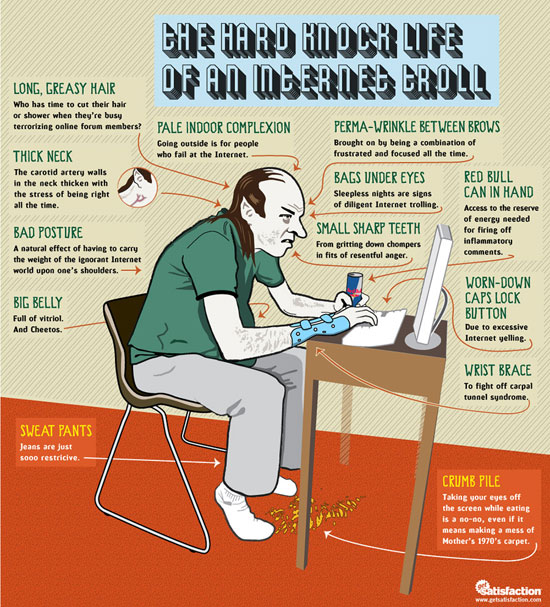When illegal downloaders illegally downloaded an illegal copy of the illegal Deus Ex: Human Revolution beta, they illegally enjoyed themselves for the first few illegal levels before the game was all like, “lol j/k” and kicked them out to a Web-based form that started asking them all kinds of probing questions about their illegal activities, courtesy of a startup anti-piracy firm called Anti-Piracy Strategies.
The strangest part, though, was that 90% of the victims actually went and filled out the questionnaire rather than ripping their ethernet cords out of the wall, encasing their hard drives in blocks of concrete, and dumping them into the nearest major body of water like I would have done.
via Anti-piracy company pirates a million copies of Deus Ex | DVICE.




